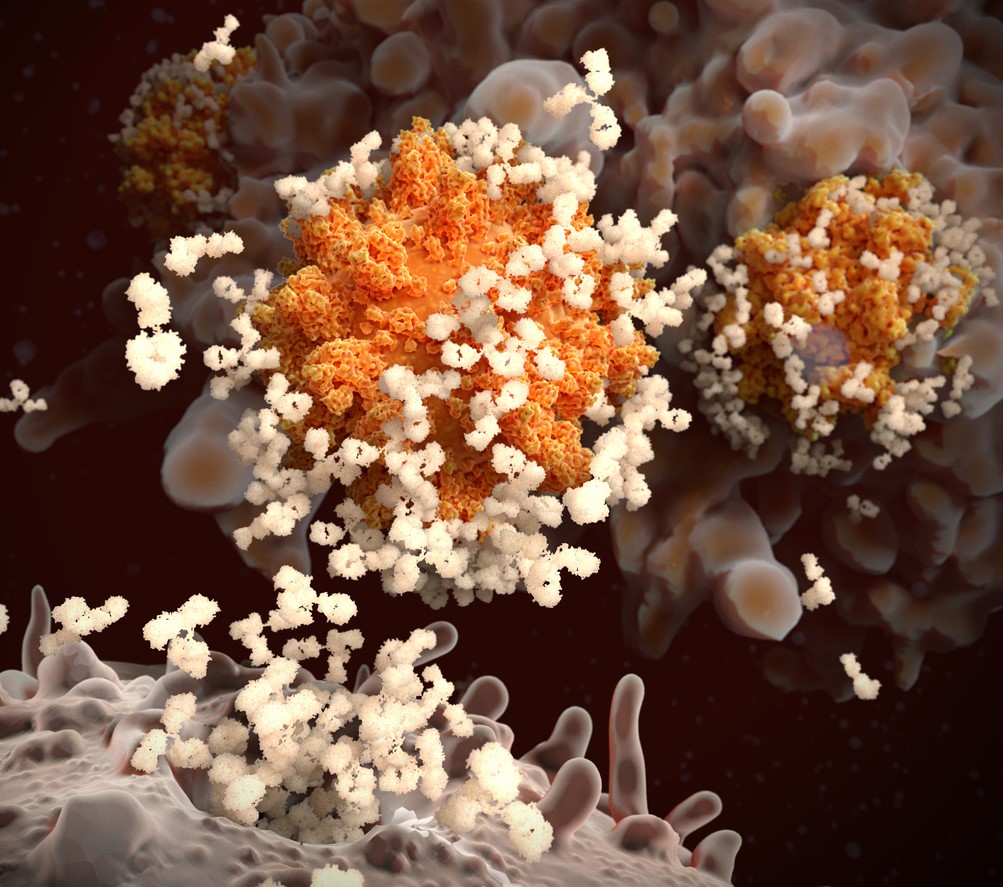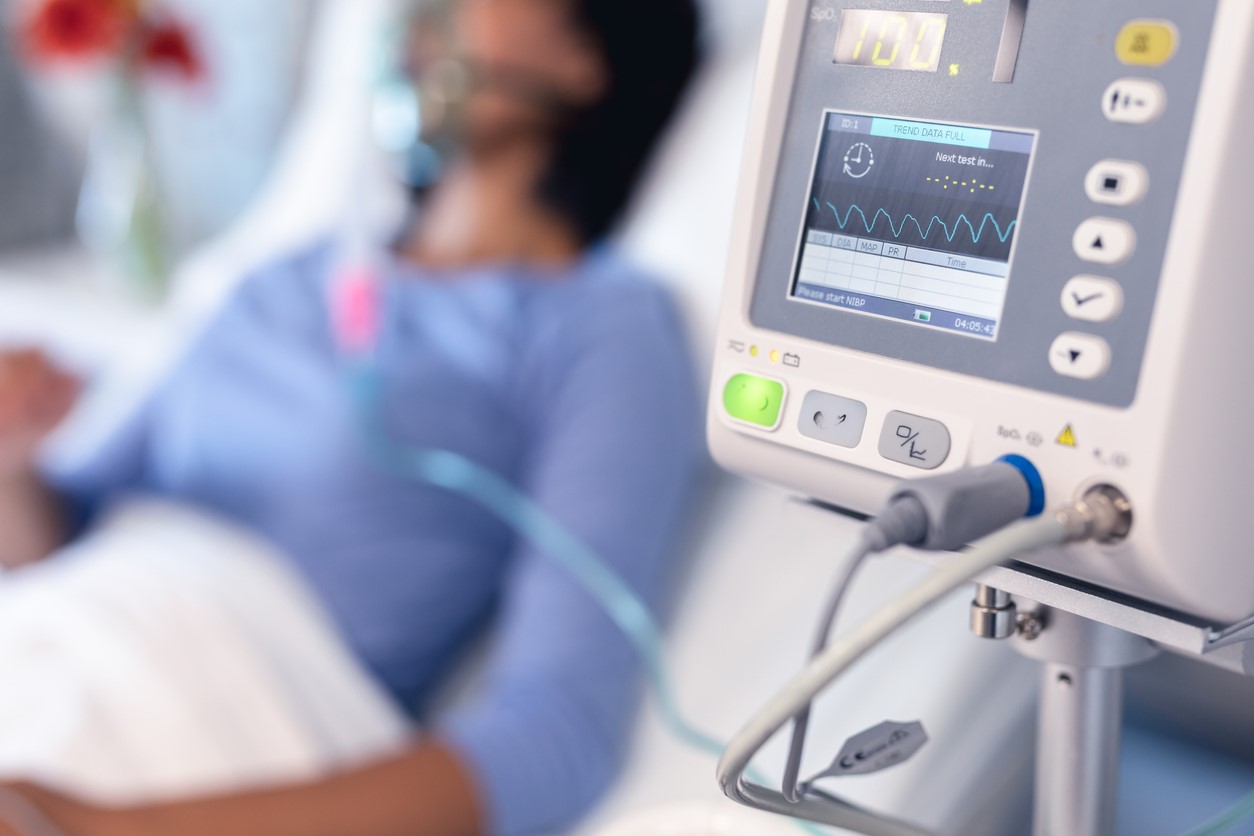 The monovalent (single-strain) COVID-19 vaccine booster was 74% effective against Omicron infection compared with the primary vaccine series for 3 months, but protection waned to 42% from 3 to 6 months and 36% after 6 months, estimates a study published yesterday in Influenza and Other Respiratory Viruses.
The monovalent (single-strain) COVID-19 vaccine booster was 74% effective against Omicron infection compared with the primary vaccine series for 3 months, but protection waned to 42% from 3 to 6 months and 36% after 6 months, estimates a study published yesterday in Influenza and Other Respiratory Viruses.
Marshfield Clinic researchers estimated relative vaccine effectiveness (rVE) of a monovalent COVID-19 vaccine booster compared with the primary series among 883 participants aged 5 years and older living in Wisconsin from January to July 2022.
The study spanned the predominance of the SARS-CoV-2 Omicron variant, primarily the BA.2 and BA.5 substrains, and was conducted before the availability of the updated bivalent (two-strain) COVID-19 booster.
A total of 625 (71%) received a booster, while the remainder completed only the primary series. Participants completed a symptom survey and submitted a nasal swab for polymerase chain reaction (PCR) testing each week and when they had at least one COVID-like symptom.
Of 219 (25%) COVID-19 infections, 97 occurred after receipt of the primary series, and 122 occurred after a booster. Overall rVE was 51%, regardless of previous infection status or the presence of an immune-compromising condition.
Routine vaccination needed
Fifteen days to 3 months after booster receipt, rVE was 74%, dropping to 42% at 3 to 6 months and 36% after 6 months. The rVE of a second monovalent booster compared with a single booster was 24% among participants aged 50 and older—the only participants eligible for a second booster—but the 95% confidence interval ranged from –40% to 61%.
Increasing bivalent booster uptake should be a priority to increase protection likely lost due to waning immunity.
The results, the authors said, confirm that vaccine-induced protection against COVID-19 infection is temporary and influenced by evolving pandemic conditions.
"Increasing bivalent booster uptake should be a priority to increase protection likely lost due to waning immunity and antigenic change of circulating viruses," they wrote. "As is the case with influenza, routine vaccination, and regular evaluation of vaccine composition will be necessary to address ongoing SARS-CoV-2 transmission."
 A
A 










